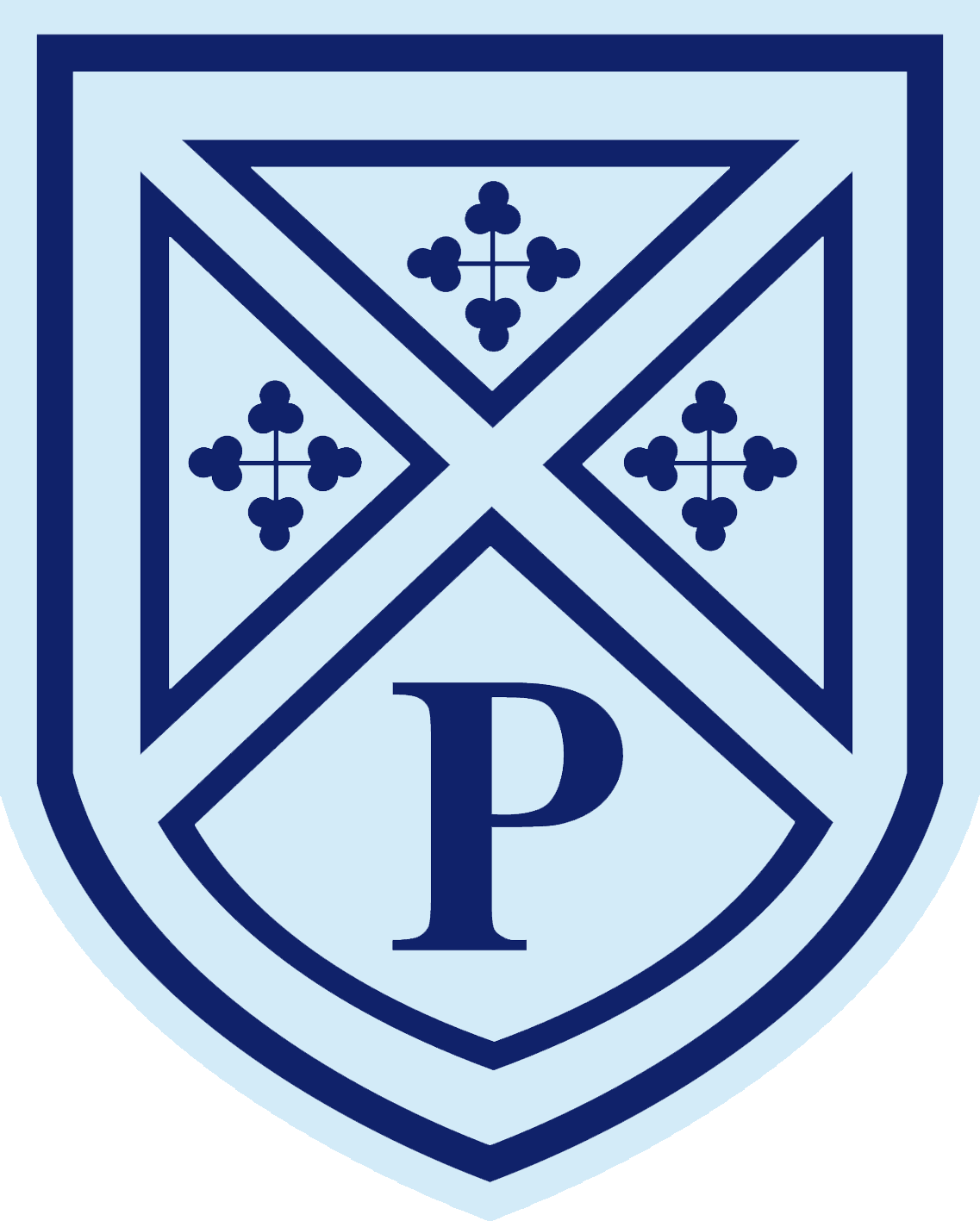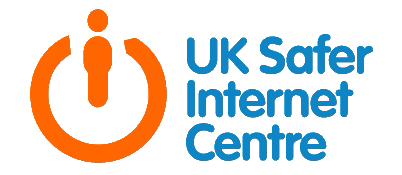Safeguarding
At Parkside Middle School, online safety is part of our curriculum across both key stages. Online Safety is an integral part of children’s education in today’s digital world and is embedded in their school learning. We strive to help our parents, carers and children improve their own understanding of electronic safety issues to learn to use the Internet and all digital media safely and securely.
At Home
As a parent/carer, you'll know how important the Internet is to children - they use it to learn, explore, play, socialise, and express themselves. It's a creative place of wonderful opportunities. However, the technology children use every day can seem a bit daunting, and you might worry about the risks your child can face online - such as bullying, contact from strangers, or the possibility of them seeing illegal or inappropriate content.
To help engage with your children regarding their use of the internet while at home. Here are some conversation starter ideas from www.childnet.com
- Ask your children to tell you about the sites they like to visit and what they enjoy doing online.
- Ask them about how they stay safe online. What tips do they have for you, and where did they learn them? What is OK and not OK to share?
- Ask them if they know where to go for help, where to find the safety advice, privacy settings and how to report or block on the services they use.
- Encourage them to help. Perhaps they can show you how to do something better online or they might have a friend who would benefit from their help and support.
- Think about how you use the internet as a family. What could you do to get more out of the internet together and further enjoy your lives online.
Find out more about how to stay safe online :
Useful Safety Online websites:
Smartphone Safe - If you would like to know more information on how to keep your child safe when they are using a smartphone here is a very useful and informative link here.
Childnet is a great website resource for parents and children on online safety.
Internet Matters is another great site to use - it has advice on cyberbullying, how to talk to your children about internet safety and quick guides to different types of social media such as Instagram and Snapchat.
Here are quick links to a range of Internet safety sites that you may find useful too...
Teaching Your Child about Internet & Online Safety | NSPCC
Safer Internet
CEOP Police Report
Free Online Safety Guide
The digital world is moving at such a pace that it is necessary to try to stay on top of events in today's world. No child should have a Facebook account until they are 13 years of age. School cannot be responsible for many of the problems encountered from social media relationships and issues, and either the police or CEOP should be directly referred to for support.
The NSPCC have a series of videos and information links that can support parents/carers in talking to their children about the safe use of the internet. The campaign ‘Share Aware’ is aimed at parents/carers of children ranging from age 8 to 12 years and is helpful in understanding online safety. The campaign is intended to support parents/carers in having effective conversations about staying safe online.
NSPCC Share Aware - UK Safer Internet Centre
Furthermore, the NSPCC has a free resource - Net Aware - to which they have now added sites, apps and games in their campaign for on-line safety. Parents/Carers are encouraged to use interactive resources to assist conversations with their children. The site explains what other parents and young people think about 60 of the most popular social apps and games, the right age, and details on privacy and safe
There is a lot of information on the Common Sense Media website that parents/carers will find useful regarding games, apps, videos, and age ratings and suitability.



